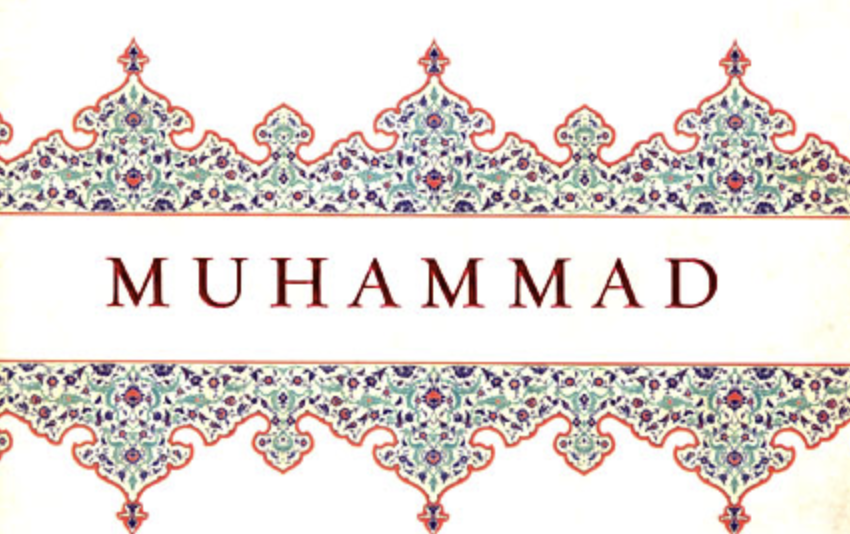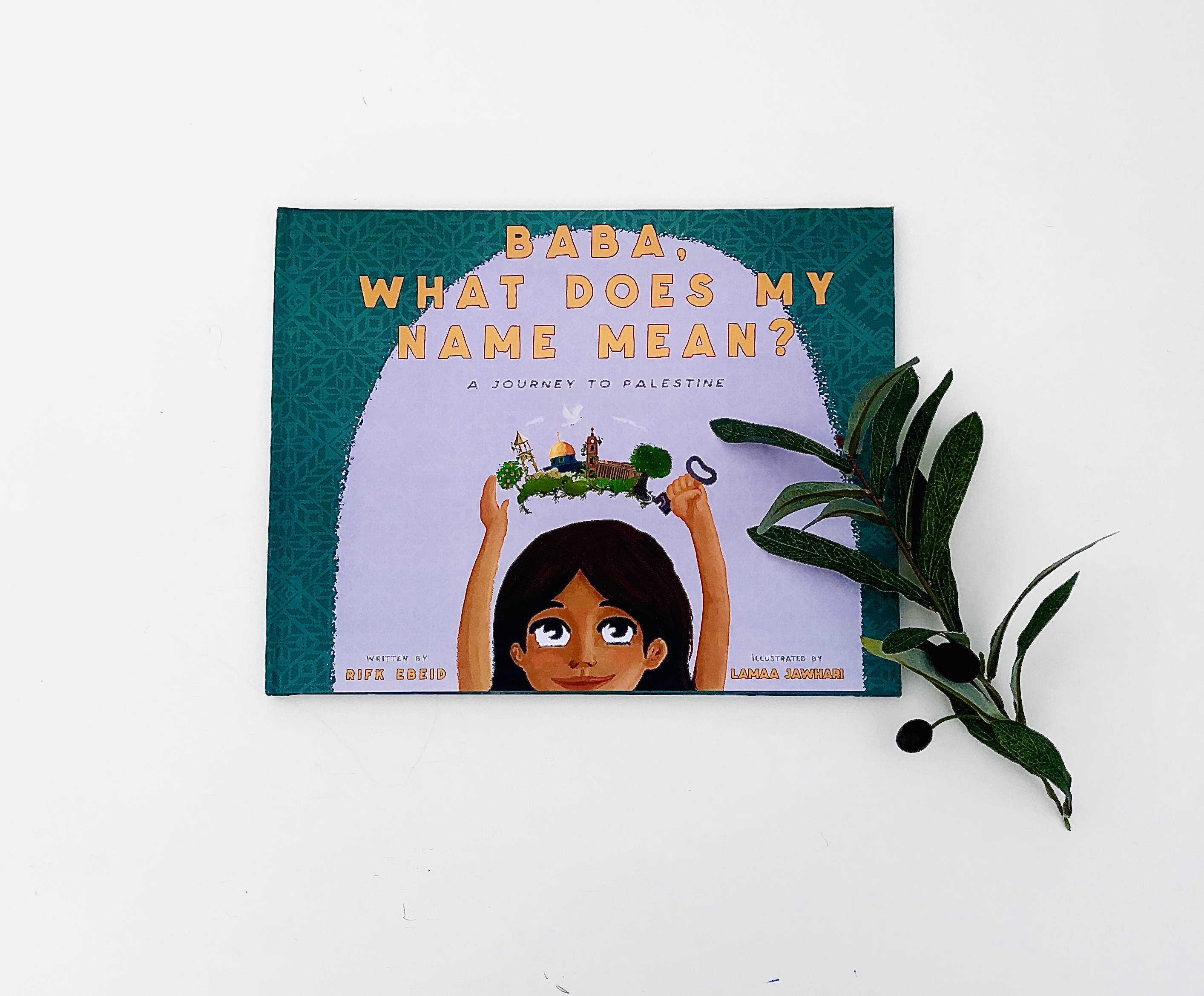I was distrustful of people who are not Muslim writing biographers of the Prophet Muhammad (PBUH): How can someone understand the messenger without believing in the message? Or the unseen and the miracles? Is not mocking and defaming Muhammad a usual trope of Christian polemicists since the early days of Islam? I was also afraid that non-Muslims had a nefarious agenda to undermine Muhammad and the Quran. Perhaps deep down, I was also afraid I might lose my faith.
I was wrong. Now I know those fears were unfounded.
Over the years, several biographies of Muhammed have added to my love and respect for the Prophet and his message. Non-Muslim biographers have offered me a version of flesh and blood, of emotions and complexity, of failures and triumphs. This richer portrait of Muhammad helped me relate to his teachings. And, by adding nuance, complexity, human empathy to the prophet, they deepened my faith.
A former Catholic and currently self-identified as a freelance monotheist, Karen Armstrong’s Muhammad is masterful presentation of Muhammad as human. Armstrong foregrounds the role that his powerful wife Khadijah had on him. Khadijah gave Muhammad the material and emotional stability that allowed him to flourish spiritually.
Armstrong humanized the complicated and at times conflicting relations between Muhammed and Khadijah’s daughter Fatima and Muhammed’s wife Aisha. This all too familiar daughter-stepmother competition brought the prophet’s emotional life painfully alive for me. These female characters were central to his life and message and not a mere background story, as I was taught to believe in the conservative Muslim environment of my youth.
Armstrong’s later work, Muhammad: A Prophet for Our Time, describes a powerful reformer: a spiritual seeker and guide who also challenged the socioeconomic inequalities in his society.
A second author, an agnostic Jew, Lesley Hazelton pieces together a jigsaw puzzle of Muhammad’s life and offers convincing explanations for the missing pieces in her The First Muslim: The Story of Muhammad. The result is the fascinating psychology of an orphan convinced he encountered the divine. As an orphan, he was on the margins of his tribal society and became an acute observer of the growing struggle between the rich and the poor. The divine calling made him even more of an outsider—a prophet asking for a radical transformation and social equality.
Muhammad was all too human: he searched for acceptance, experienced failures and rejections. Discarding the Muslim tradition’s romantic born-for-greatness story, non-Muslim biographers make Muhammad more believable and relatable. They helped me understand his struggle and appreciate his teachings.
Unlike Hazelton’s description of Mohammed’s heart and mind, Juan Cole’s Muhammad: Prophet of Peace Amid the Clash of Empires examines the geopolitical and spiritual history of the Middle East and Eastern Mediterranean. During Muhammad’s lifetime in the early 600s the hegemonic wars between Roman Empire and the Sassanid Empire devastated the area as their competing ideologies and religions brought chaos, carnage, and anarchy. From the sidelines, Muhammad observed as war destroyed the trade routes which were Muhammad’s livelihood. In this context, Muhammad’s jihad, the struggle,was a call for regional peace, cooperation, and trade.
Do not get me wrong. I’m not suggesting non-Muslims authors are by that fact alone more objective or accurate. There are plenty of good, accessible Muslim biographies. Martin Lings’ Muhammad: His Life Based on the Earliest Sources has been my favorite.
Yet it is also true that traditional Muslim biographies have centuries of accumulated blindspots. They emphasize selective issues, such as wars over family; they are often authored by men to glorify rather than investigate; they are subject to political and sectarian concerns, such as whether he was closer to his wife Aisha and her father and the Prophet’s friend Abu Bakr for Sunnis or to his daughter Fatima and her husband and the Prophet’s cousin Ali for Shias.
While Prophet’s marriages are widely discussed, we know almost nothing about his life as a single father when he took care of his children himself for almost a year between the death of his wife Khadija and his subsequent marriages. These omissions created a collective amnesia and allowed the tradition to build an image of Muhammad for believers to idealize rather than empathize with.
Some non-Muslim authored biographies of Muhammad have been banned from Muslim majority countries, the authors accused of blasphemy. For many Muslims, the critical tone of these books will be jarring at times. However, we all benefit from reading outside our comfort zone.
Making our prophet all-too-human, touchable, relatable will not diminish but add to his status as a reformer, spiritual leader, and yes, as a prophet of God. Reading them did not cause me to lose my faith. It strengthened it.
Turan Kayaoglu is a Visiting Fellow at the Brookings Doha Center and a Professor at the University of Washington Tacoma.


















